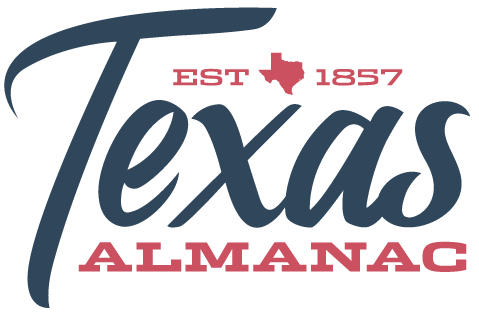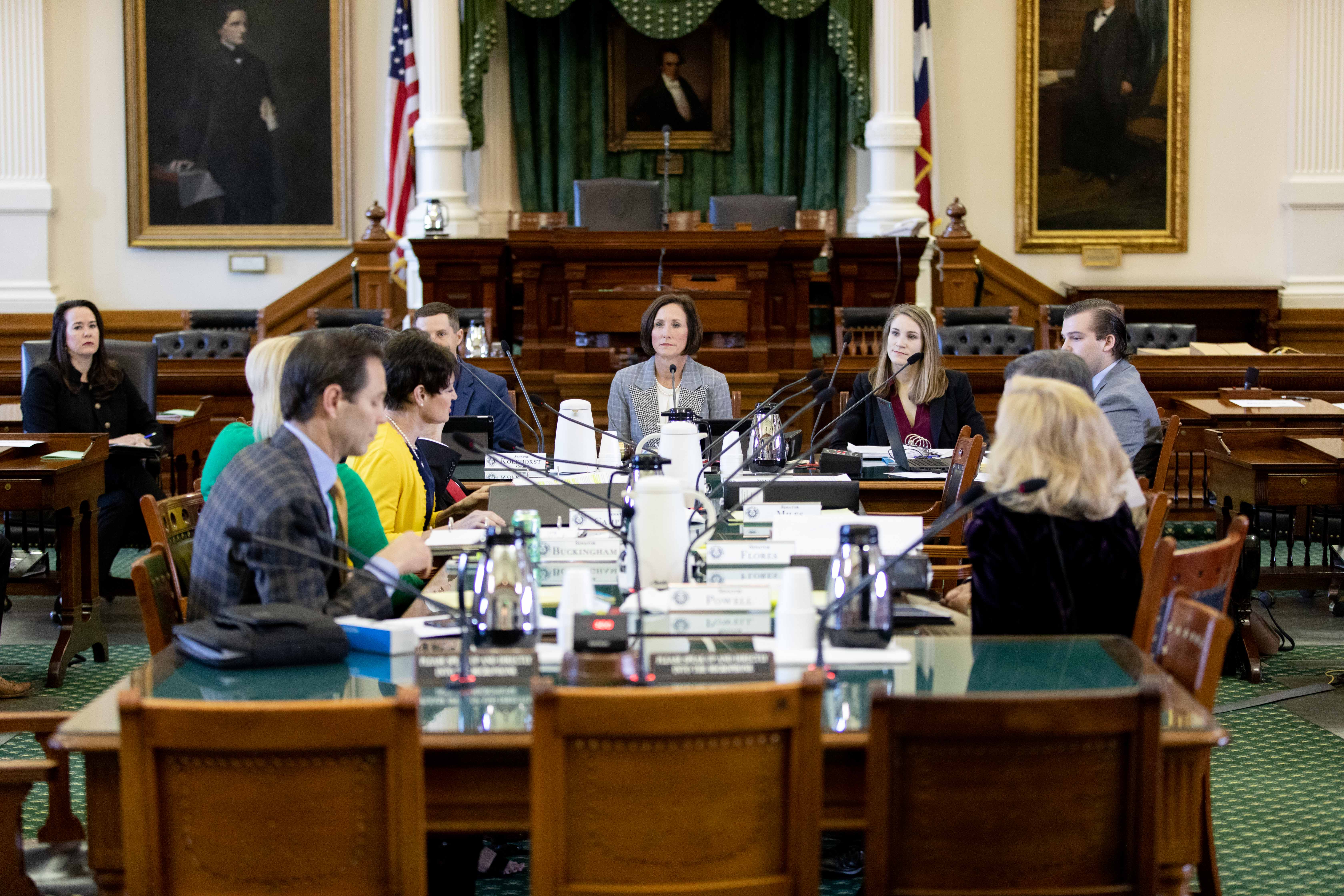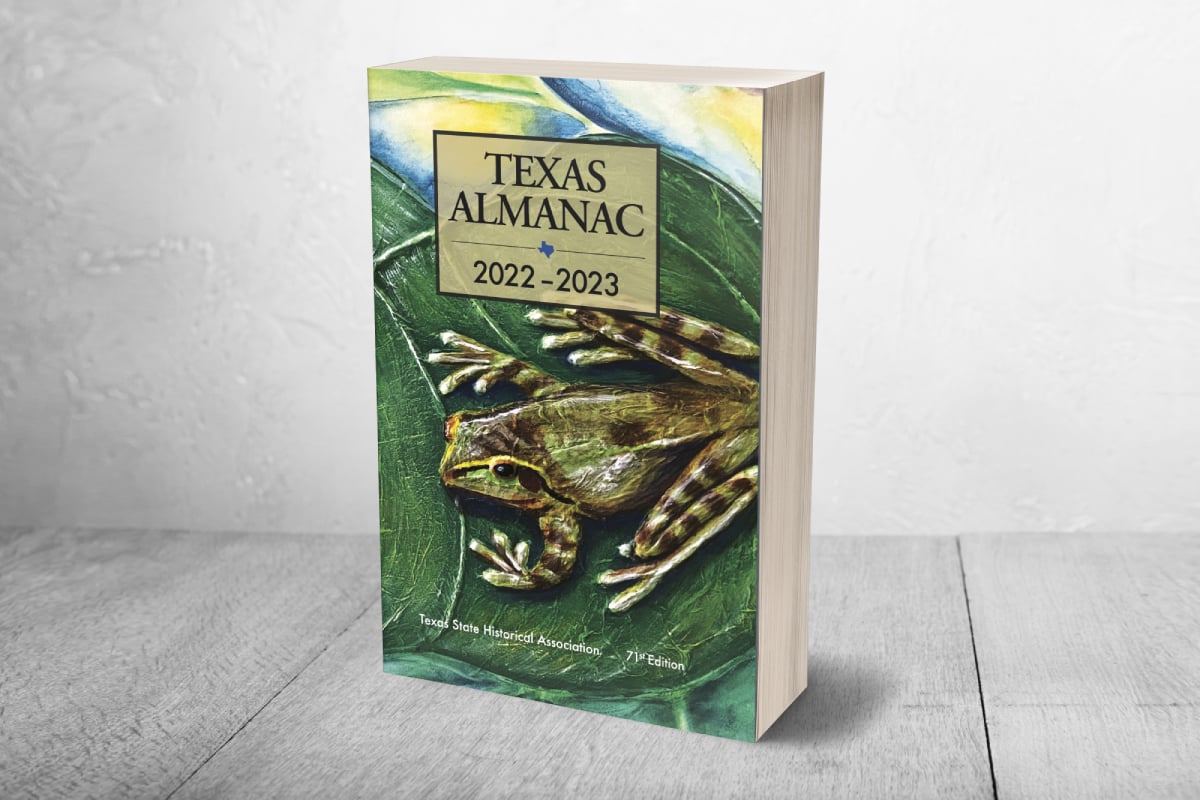By Carolyn Barta
Texas legislators grappled successfully, and at last, with two major issues that have hounded state government for years — school finance reform and property tax relief — in the 86th legislative session that ran from Jan. 8 to May 27, 2019.
Following a tight-fisted and rancorous session in 2017, lawmakers unanimously agreed during a more collaborative gathering to a historically high $250.7 billion two-year budget, enabled by revenue expectations from record oil production and economic growth.
The two big goals, to provide more money for schools and tamp down local tax escalation, were achieved with an $11.6 billion package that allocated $6.5 billion in new state money for public education, mandated a teacher pay raise, funded full day pre-kindergarten, and offered $5.1 billion to buy down local property taxes.
The plan began to wean the state from the long criticized and oft-legally challenged “Robin Hood” system of recapturing funds from property-rich to poorer districts. After years of neglect, Lawmakers increased the state’s share of educating students from 35 to 45 percent, vaulting the per-student allotment from $5,180 to $6,160.
Thirty percent of new money must go to teacher/staff salary increases. Lt. Gov. Dan Patrick’s proposal to grant teachers an across-the-board $5,000 fizzled, leaving districts with their desired flexibility to dole out the raises.
But local officials lost their fight to keep the Legislature from putting a lid on how the extent to which local governments and school districts can raise property taxes. Legislators imposed a 3.5 percent cap on annual increases in city and county tax bills and limited school tax hikes to 2.5 percent per year. A local election would be required to exceed the caps.
Leaders in Austin called the plan “transformative,” but some lawmakers questioned its affordability long term as limiting local tax revenue could force greater state reimbursements. The $11.6 billion initial cost was projected to grow by $2 billion in two years. A one-cent sales tax increase proposed by state leaders for new revenue faced fierce pushback.
The mostly drama-free session reflected a different tone from 2017 when public flare-ups, threats, and hard feelings resulted over controversial issues including an approved sanctuary cities measure and “bathroom bill” that would have affected transgender people.
Chalk up the more harmonious session to 2018 election consequences and solidarity of the top three Republican leaders: Gov. Greg Abbott, Lt. Gov. Dan Patrick and House Speaker Dennis Bonnen. The “Big Three” announced a unified focus on schools and tax reform at the session’s beginning.
In contrast, the 85th Legislature was marked by conflicts between a more conservative Senate, presided over by Patrick, and a more moderate House, led by 5-term Speaker Joe Straus. Bonnen, a 22-year veteran of the House, provided new leadership after Straus retired, and Abbott was more involved in the process. Patrick credited the productive session to “teamwork.”
But Republicans also were looking over their shoulders at the 2018 election, when Democrats flipped 12 House seats, two Senate seats, and Democrat Beto O’Rourke gave U.S. Sen. Ted Cruz a frightening close election.
Republicans continued to hold all statewide offices, plus the majority in both houses, but sought to halt further Democrat inroads by creating a platform of success on pocketbook issues. Democrats, who had gained leverage, hoped to continue momentum to win nine more seats in 2020 to gain House control.
Conservative activists made less headway on social issues than previously. They delivered a blow to Planned Parenthood by banning cities and counties from entering into contracts with any abortion provider for any service, even those unrelated to abortion. And a “Born Alive” bill was passed to impose fines and potential imprisonment on doctors who fail to provide medical treatment to babies born alive after failed abortion attempts.
Citing the need to protect religious liberty, lawmakers passed the “Save Chick-fil-A bill,” preventing local governments from adverse action against companies based on charitable contributions. The bill followed Chick-fil-A being denied a San Antonio airport location after donations to certain Christian organizations. The newly formed LGBTQ caucus contended the bill would lessen gay and transgender rights.
A much-watched bill to reduce criminal penalties for possession of small amounts of marijuana failed. It passed the House but failed to make it to the Senate floor after the lieutenant governor announced opposition.
However, lawmakers did approve a bill to legalize low-THC cannabidiol, or CBC oil, expanding the prescription of medical marijuana by specialty doctors from epilepsy to a wider range of health conditions such as terminal cancer, multiple sclerosis, Parkinson’s disease and autism.
In other action, the 86th Legislature:
- Banned red light cameras, but allowed impacted cities to keep them until contracts with vendors expire.
- Raised the minimum age to buy cigarettes and e-cigs to 21, except for active duty members of the U.S. military.
- Authorized citizens to carry guns, open or concealed, without a permit for a week following a declared state or natural disaster.
- Let places of religious worship decide whether to allow handguns on their premises.
- Approved the sale of craft beer for take-home customers but declined to allow beer and wine sales to start at 10 a.m. on Sunday instead of noon.
- Created a special flood infrastructure fund to help communities hurt by natural disasters like Hurricane Harvey.
- Approved a plan to reduce the backlog of 15,000 untested rape kits in police evidence rooms and imposed a 90-day deadline for testing new rape kits to prevent future backlogs.
- Shored up the teacher pension fund by increasing state contributions.
Measures that failed included:
- A plan that would have negated the need to change clocks twice a year by letting Texas voters pick either Daylight Savings Time or standard time year-round.
- A last-minute proposal emanating from the governor’s office to spend $100 million for federal “surge operations” to secure the U.S. Mexico border. Members objected to the Rainy Day Fund draw-down when they were already spending $800 million for border law enforcement and saw no need to jeopardize the session’s accord with a late fight over border security.
On the lighter side, lawmakers voted to make child-run lemonaid stands legal in Texas!
Carolyn Barta is a former political writer for The Dallas Morning News and retired journalism professor at Southern Methodist University. Much of the research for this article came from the Texas Tribune and The Dallas Morning News.
This article was originally published in the Texas Almanac 2020–2021.


